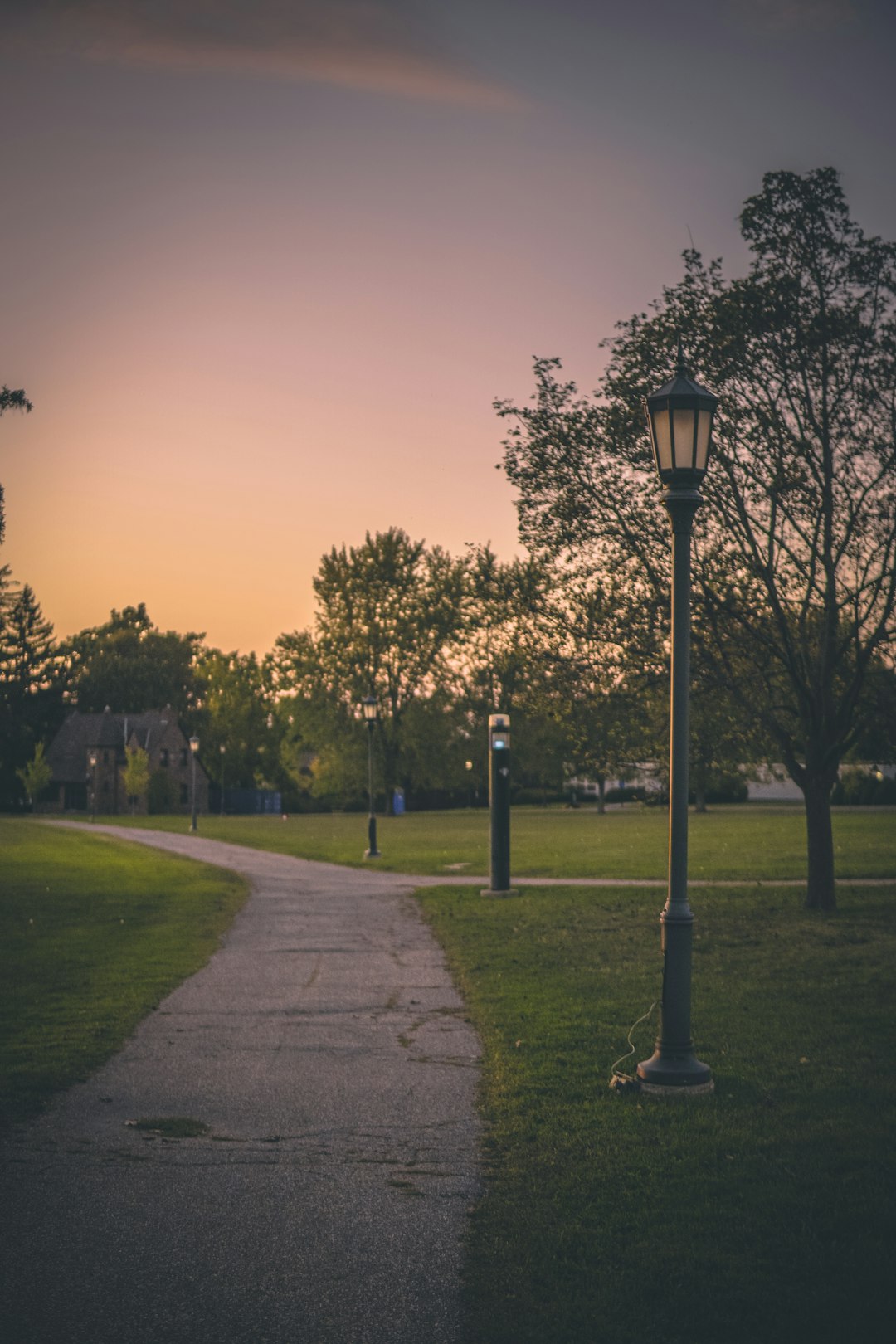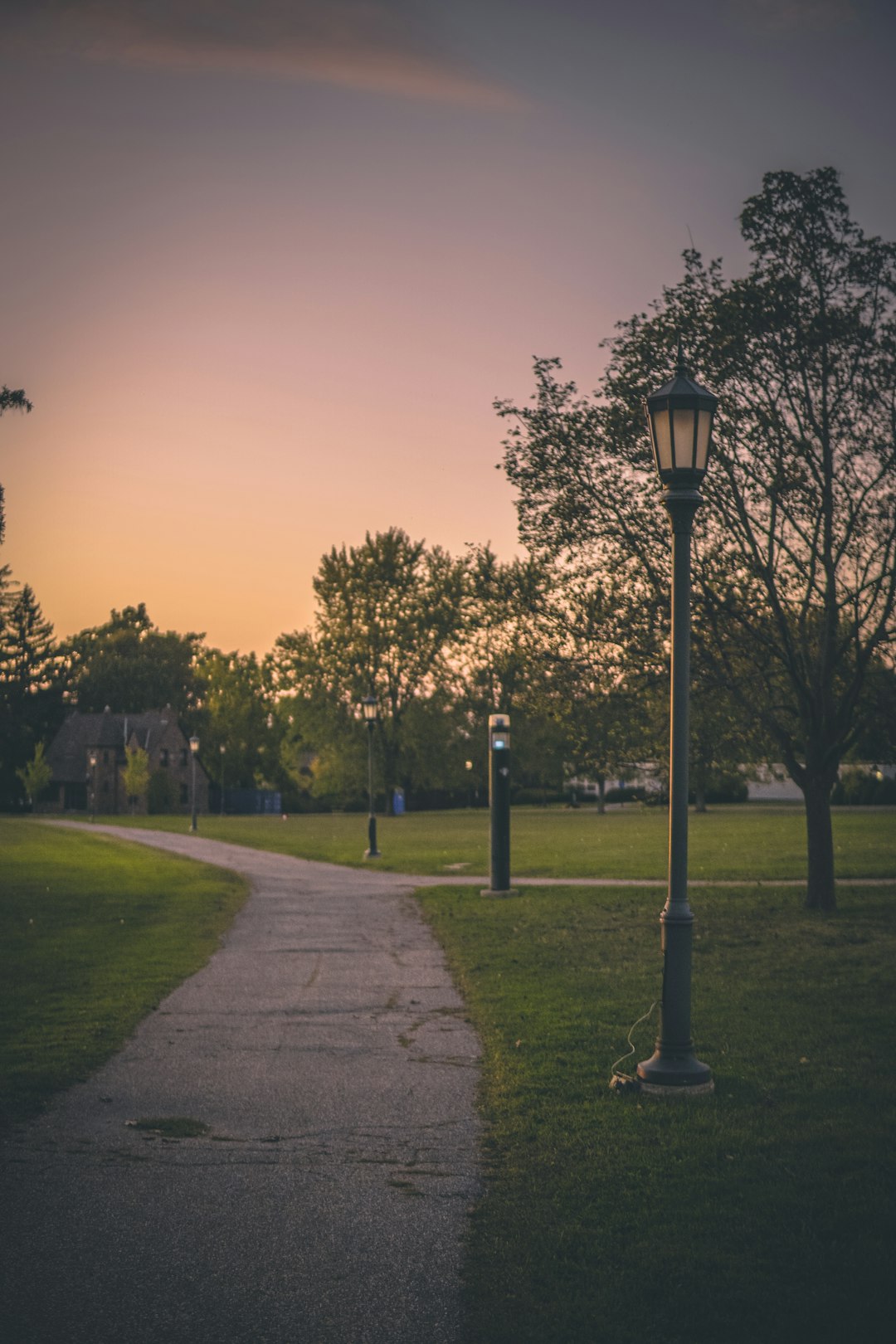In Bennington, Vermont, robocalls—automated phone calls delivering pre-recorded messages—are a common nuisance mirroring national trends. Despite Vermont's strict Spam Call law, residents still face challenges protecting themselves from intrusive marketing tactics by persistent robocalls. Law firms specializing in spam call litigation are combatting this issue through lawsuits and penalties, while adopting advanced technology to block robocalls and multi-channel communication platforms for better accessibility. Residents can protect themselves by registering on the "Do Not Call" list, using call-blocking apps, being cautious about sharing contact info, and reporting spam calls under Vermont's Spam Call Prevention Act. This comprehensive approach aims to reduce unwanted automated calls and hold spam call law firms accountable.
In recent years, Bennington, Vermont has witnessed a surge in robocalls, posing a significant nuisance to residents. This article delves into the rising trend of automated phone calls in the quaint town, exploring their impact and the evolving communication norms. We analyze Vermont’s spam call regulations and how law firms are adapting to address this modern challenge. Additionally, we uncover common types of robocalls targeting locals and present effective strategies to combat unwanted calls in Bennington.
Understanding Robocalls and Their Impact on Bennington Residents

Robocalls, automated phone calls that deliver pre-recorded messages, have become a ubiquitous and often unwanted presence in Bennington, Vermont, much like they have across the nation. While some robocalls offer valuable services or promotions, many fall into the category of spam, with law firms being frequent culprits. These unsolicited calls can be frustrating for residents, leading to concerns about privacy and personal information security.
The impact of robocalls extends beyond mere annoyance. They can disrupt daily routines, waste time, and even contribute to increased stress levels. With Vermont having a strict Spam Call law, which restricts automated telemarketing calls, locals are encouraged to register on the Do Not Call list. However, despite these measures, the persistent nature of robocalls highlights the ongoing challenge of protecting residents from intrusive marketing tactics.
The Legal Landscape: Vermont's Spam Call Regulations

In Vermont, the rise of robocalls has led to increased scrutiny under the state’s strict spam call regulations. The Vermont Attorney General’s Office actively enforces laws designed to protect residents from unwanted telephone solicitations, including automated calls. These regulations are part of a broader effort to curb the activities of telemarketing firms and call centers that operate outside the boundaries of ethical business practices.
Vermont’s spam call laws empower residents to take action against incessant robocalls. The state allows consumers to register their phone numbers on the “Do Not Call” list, which significantly reduces the volume of automated calls they receive. Additionally, law firms specializing in consumer protection and telecom regulations play a crucial role in holding bad actors accountable by filing lawsuits against violators and securing penalties to discourage future misconduct.
How Law Firms are Adapting to the Changing Communication Norms

In the face of the rising tide of robocalls plaguing Bennington, Vermont residents, law firms are also adapting their communication strategies. Gone are the days when phone calls were a one-on-one exchange; now, automation has introduced a new norm where personal connections are often replaced by automated messages and bots. However, reputable law firms in Vermont are not only surviving but thriving in this changed landscape. They’re employing advanced technology to filter out spam calls while ensuring legitimate client interactions remain seamless. These adaptations involve sophisticated call screening systems that use artificial intelligence (AI) to identify and block robocalls before they reach human agents.
Moreover, law firms are integrating multi-channel communication platforms that allow for more flexible and personalized engagement with clients. This includes text messaging, email, and social media interactions, giving them the ability to cater to modern consumer preferences. By embracing these changing communication norms, Vermont’s law firms not only mitigate the impact of spam calls but also enhance their accessibility and responsiveness to potential clients, solidifying their position in a digital age.
Common Types of Robocalls Targeting Vermont Businesses and Individuals

In Bennington, like many areas across Vermont, businesses and individuals are increasingly facing a surge in automated calls known as robocalls. These unwanted phone calls often fall into several categories, each with distinct characteristics and intentions. One prevalent type is marketing-related, where companies use automated systems to reach a large number of people simultaneously, trying to promote their products or services. Another common type targets Vermont’s growing number of small businesses, offering various “legal” services such as debt relief, legal aid, or insurance plans, often with hidden fees or deceptive practices.
Spam robocalls have become so pervasive that they are now regulated under the Telemarketing and Consumer Fraud and Abuse Prevention Act (TCFA), which includes provisions to protect Vermont residents. Law firms specializing in spam call litigation are seeing a rise in cases involving these automated calls, as businesses strive to enforce consumer protection laws and help individuals navigate their rights against unwanted telemarketing practices.
Effective Strategies to Combat Unwanted Robocalls in Bennington, VT

In Bennington, Vermont, as in many places across the country, the surge in robocalls has become a significant nuisance. While some calls promote legitimate services or organizations, many are considered spam and can disrupt daily life. To combat this issue effectively, residents should leverage several strategies. Firstly, registering on the National Do Not Call Registry is a basic yet powerful step. This federal list restricts telemarketers from calling residential phones. Additionally, Vermont has its own Spam Call Prevention Act, which mandates that call centers obtain prior consent before contacting residents, offering more protection.
Another effective method is to use call-blocking apps and tools provided by phone carriers or third-party services. These technologies can identify and block robocalls at the network level. Furthermore, consumers should be cautious about sharing their contact information, especially online. Verifying the legitimacy of any requested data before providing it can significantly reduce the likelihood of receiving unwanted calls. Residents in Bennington are also encouraged to report spam calls to local authorities and their phone carriers for further action under the Spam Call law firms Vermont regulations.






